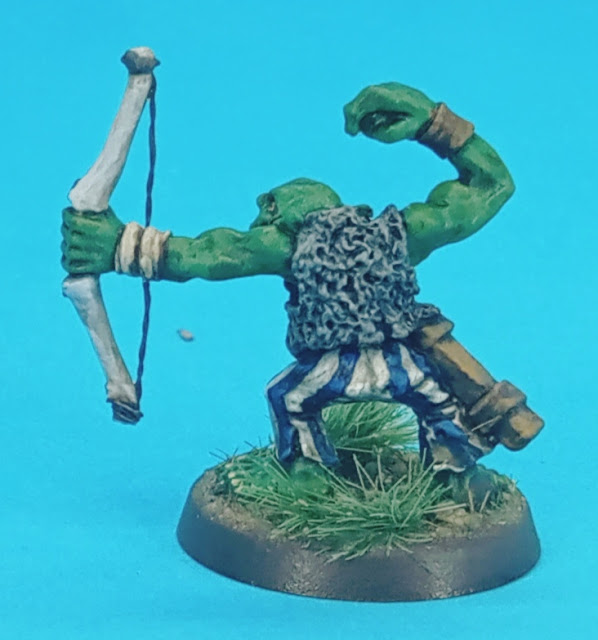And now we reach the final entry. It's been a fascinating experience, and I've got a review planned, so check the blog for that one coming soon. Anyway, on to
The choice is easy, in fact, when I read the questions back at the beginning of August, this is the one that convinced me to take part, but it's by far the hardest one to write.
I'd argue that good games never die; as long as the books (or PDFs) exist, it's still possible to play them.
Fashions change and editions come and go, but as long as there are gamers, we can always play whatever we want. It doesn't matter what the current edition is, as long as the group are happy, play on.
If there's a game that you used to play and miss, get a few people together and give it a go, though beware, you may be remembering it through a haze of nostalgia.
So, good games never die.
But gamers themselves do.
I've known Dave since Infants school (primary, to you youngsters). We shared many of the same interests, went through three schools together and ended up at the same college.
We were the kids sitting on the grass reading (usually Science Fiction) while the others played football.
When I tried D&D back in 1977, Dave was the first person I brought along, and he was just as enthusiastic as I was.
When I talked about the lich mega dungeon, Dave was one of the players. He was part of the team tackling the Halls of Anubis too. He designed and ran wonderfully quirky adventures, his Dervish Dungeons were legendary.
Although university sent us to different cities, we kept in touch with long letters. I remember once sending him a 'pick your path' adventure that I wrote.
He returned the favour by narrating his experiences playing Call of Cthulhu, and as soon as I'd finished my finals, I got my own copy.
Eventually jobs and family meant we saw each other infrequently; he'd moved away to the south coast for his job, and was now married, but occasional meet ups were a whirl of gossip and games.
Over the years we met less and less; we knew he had family problems, but we didn't know how bad things were for him. The now very occasional meetings were good, but looking back, there was an intensity there, a need to grab what fun he could, and always a look back at how much better things had been.
Eventually, he decided to bow out.
It was some comfort to see how many of his friends turned up to remember him.
We all wish he'd said something directly, or that we'd realised or been there to help, even just to listen.
I'd give a lot for one more game with Dave.
So long, we miss you.
If you feel any of this might apply to you or to a friend, please talk.
Good friends will listen, as we would have, and professional help is easily available. Speaking from personal experience, it does help.
























